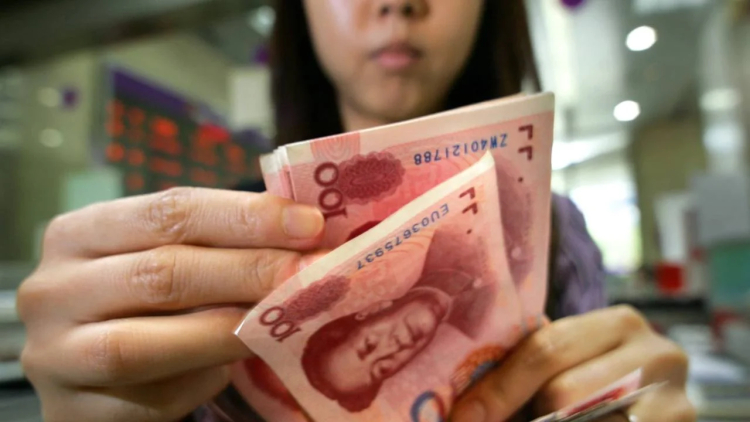Trump's Dedollarization Warning Falls Flat as Nigeria, China Renew $2 Billion Currency Swap Deal
China and Nigeria renew their $2 billion currency swap deal for another three years, signaling reduced reliance on the U.S. dollar despite President-elect Trump’s dedollarization warnings.

China and Nigeria Extend $2 Billion Currency Swap Deal Despite U.S. Pressure
China and Nigeria have renewed their $2 billion currency swap agreement for another three years, further strengthening financial cooperation and promoting bilateral trade without reliance on the U.S. dollar. Initially signed in 2018, this deal allows businesses in both countries to access naira and yuan directly, bypassing the greenback in trade transactions.
The renewal was confirmed by the People’s Bank of China and aims to bolster liquidity for businesses, reduce the need for dollar reserves, and stabilize foreign exchange markets in Nigeria. However, the move comes at a politically sensitive time, as U.S. President-elect Donald Trump has issued stern warnings to BRICS nations about dedollarization efforts. Trump has even threatened trade restrictions on countries abandoning the dollar, raising tensions on the global economic stage.
Trump’s Tariff Threats and BRICS Responses
In December, Trump vowed to restrict access to U.S. markets for nations that pivot away from the dollar. While South Africa and India have denied active dedollarization efforts within the BRICS bloc, the timing of the China-Nigeria currency swap renewal may still draw scrutiny from Washington.
The deal is seen as a strategic step by Nigeria to manage its struggling currency, the naira, and reduce dependency on the dollar amid ongoing economic challenges.
The Naira’s Decline and Policy Challenges
Since the inception of the currency swap agreement in 2018, the Nigerian naira has faced significant depreciation, falling from 305 naira per dollar to over 1,000 naira per dollar by late 2022. Following the government’s decision to abandon a fixed exchange rate regime in mid-2023, the currency has continued its downward spiral, raising concerns about the country’s monetary stability.
Experts like Taiwo Oyedele of PwC Nigeria argue that the swap agreement alone is insufficient to stabilize the naira. Instead, policies focusing on import substitution and promoting local production could yield more sustainable results.
Conclusion
While the currency swap renewal highlights growing trade ties between China and Nigeria, it also underscores the challenges of dedollarization in an economically interconnected world. For Nigeria, balancing this move with broader strategies to stabilize its economy remains a pressing priority. Meanwhile, Trump’s aggressive stance on dedollarization could further complicate the geopolitical and economic landscape in the years ahead.
What's Your Reaction?















